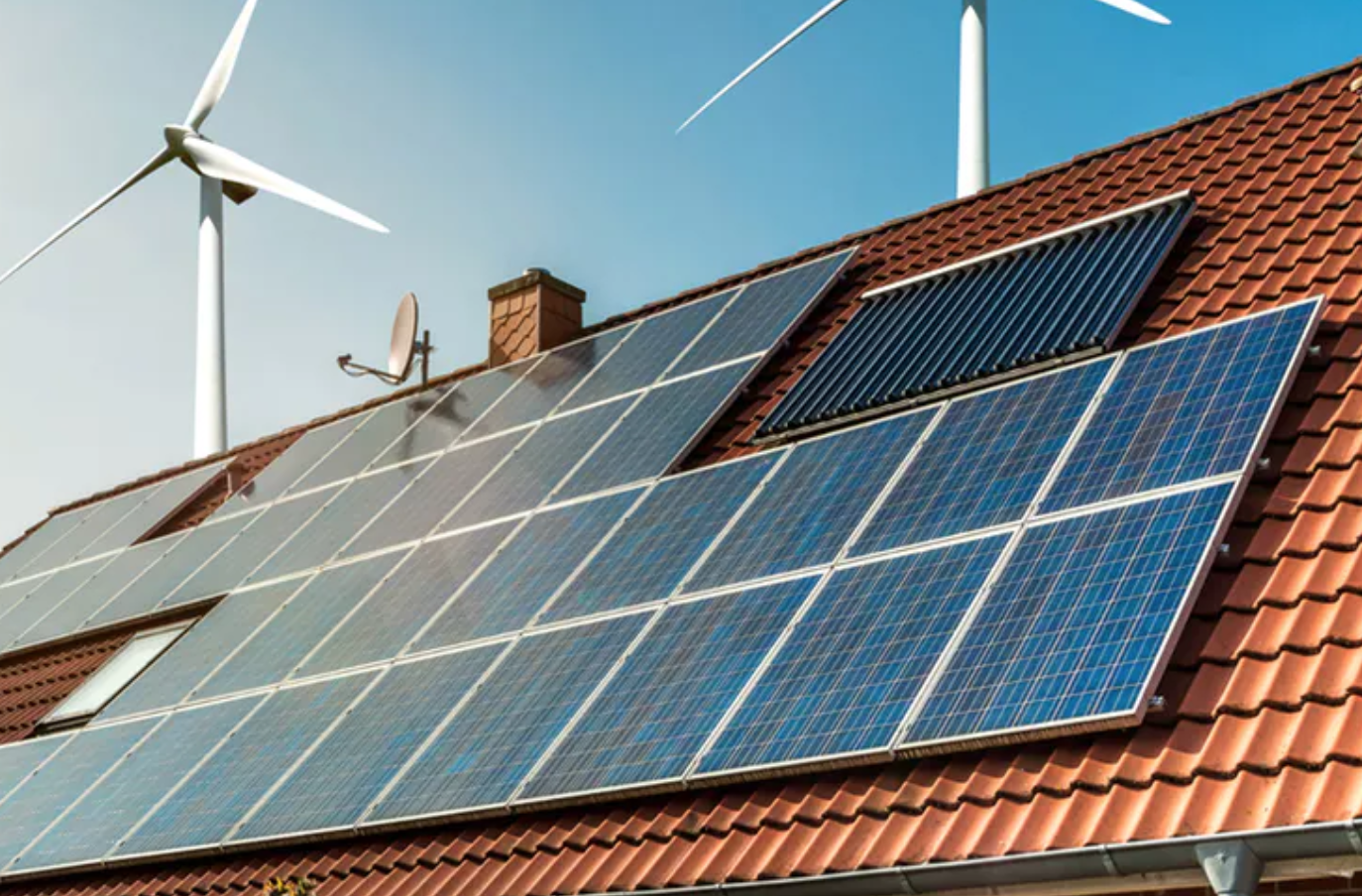
Imagine buying a solar panel from a hardware store, mounting it on your roof, then selling the green electricity you produce at a price you set. Is this even possible? Some companies certainly think so. These startups are harnessing the power of blockchains to democratize green power.
Before you can understand how blockchains are part of the solution, you first need to know a few things about the green electricity market. Today, independent auditors assess renewable-energy producers and certify their electricity as “green.” These producers can then sell Renewable Energy Certificates (RECs) to consumers who want to buy green energy. This is how corporations such as Apple and Google can say they are 100 per cent green. They aren’t generating their own green electricity, but purchasing certificates from green-energy producers. Of course, the actual energy they use is not always green. As long as every unit of energy they consume matches up with a purchased REC, green energy is displacing carbon-intense energy. A market for RECs creates a strong signal for investment in green electricity generation.
Some companies do power some or all of their operations using Power Purchase Agreements (PPAs). This commits them to purchasing a certain amount of energy at a certain price from renewable-energy producers over time-scales of about 20 years or so. PPAs reduce risk for generators by guaranteeing return on investment, thus creating a strong motivation for long-term investment in green generation. Both of these approaches, however, discriminate against small generators of green electricity. It’s not easy generating green. The certification process for RECs is cumbersome and expensive, with physical audits, so it doesn’t make sense for mom-and-pop green generators. Similarly, PPAs can only be negotiated by large green generators. For these two reasons, small-scale green generators must make do with whatever price their local utility pays them. This price can be volatile due to meddling by legislators as well as by the utilities themselves. Thus, small generators are exposed to higher levels of risk than bigger players.
What if we could reduce the cost of certification, eliminate onerous auditing and avoid non-market price controls, so that even a small-scale green generator could de-risk investments?
This is what companies such as PowerLedger in Australia and LO3 Energy in Brooklyn provide. They use blockchains to store generation certificates that are created by tamper-proof meters attached to solar panels.
Full story: https://theconversation.com/how-blockchain-can-democratize-green-power-87861
OMG! This is SUCH an AMAZING post! Thank you for sharing! I gave you a vote!!
Downvoting a post can decrease pending rewards and make it less visible. Common reasons:
Submit
Really cool tech!
Downvoting a post can decrease pending rewards and make it less visible. Common reasons:
Submit
Nice post man. I always keep telling myself that PowerLedger should be part of my portfolio. I think you may have tipped me over the edge!
Downvoting a post can decrease pending rewards and make it less visible. Common reasons:
Submit
Couldn't agree more! I'm going to add PowerLedger as soon as it becomes a little bit cheaper and join WePower's ICO.
Downvoting a post can decrease pending rewards and make it less visible. Common reasons:
Submit
Hi! I am a robot. I just upvoted you! I found similar content that readers might be interested in:
http://www.oasesnews.com/shout/item/18759-how-blockchain-can-democratize-green-power
Downvoting a post can decrease pending rewards and make it less visible. Common reasons:
Submit
Are you following #solarcoin? Guessing you might be, if not, right up your alley.
Downvoting a post can decrease pending rewards and make it less visible. Common reasons:
Submit